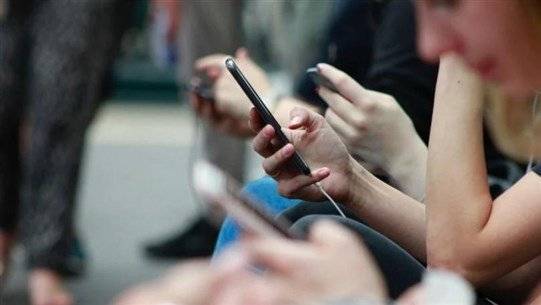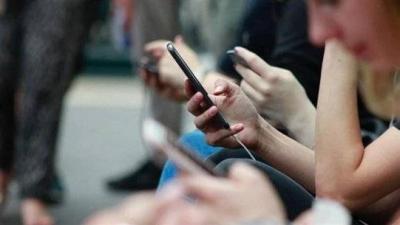A recent study has revealed that teenage addiction to social media platforms such as Instagram, Facebook, and WhatsApp is linked to feelings of economic inequality, which the study described as a "problematic use of social media." The study conducted at the University of Padua in Italy found that the situation is worse in schools that display social differences among their students. The research was based on assessing the responses of 179,000 teenagers from 40 countries through surveys conducted by social associations. The findings were published on the Medical Express website, and Michiela Linz, an assistant professor of psychology who supervised the research, stated: "These results indicate the potential harmful effects of inequality at the individual, school, and country levels on adolescents' use of social media."
The assessment elements included the number of bathrooms in the home, the number of family vacations abroad in the previous year, the wealth measure of the country, social support, the degree of assistance provided by relatives and friends, and the percentage of the population using the internet in each country. The results showed that adolescents who were relatively more deprived than their peers in school were more likely to report "problematic use of social media." This problematic use is accompanied by feelings of distress when unable to use social media, attempts to spend less time using it, failure to do so, and using social media as an escape from negative feelings.
Researchers found that "sharing photos or videos resonates particularly with more deprived adolescents as they associate it with power and status," and suggested that prevention efforts based in schools should target both "objective" and "perceived" social class differences among students.




